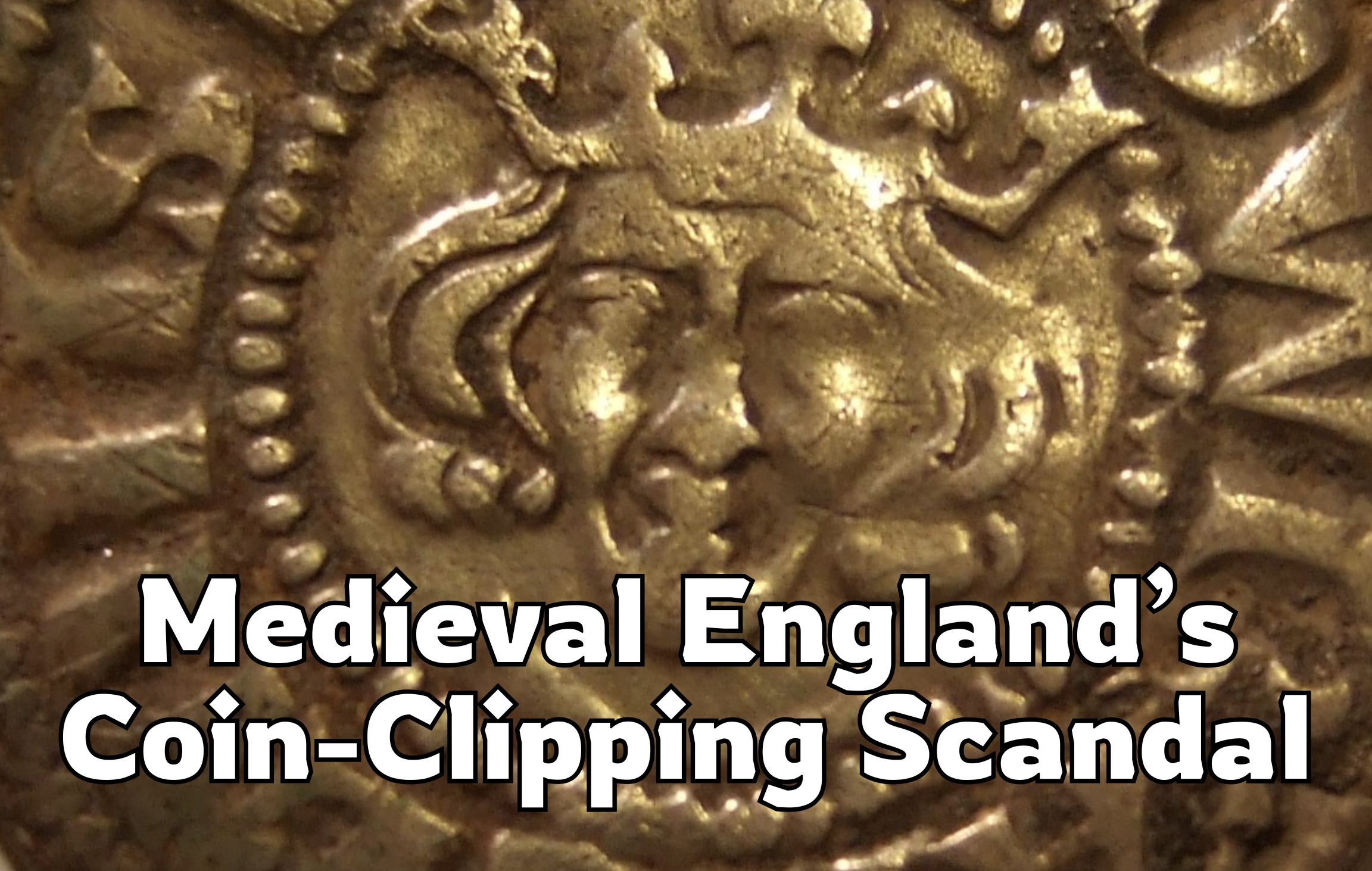
"Under King Edward I, the Crown launched an extensive judicial and financial campaign against alleged coin-clippers, which are those accused of shaving or clipping small quantities of silver from English pennies. In November 1278, the king ordered the mass arrest of more than 1,178 Jews across the realm, along with numerous Christians, on charges of debasing the coinage. This event signalled not merely a royal response to monetary crime, but a calculated act of fiscal and political policy, with devastating consequences for English Jewry."
"Since the reign of Henry III, responsibility for judicial matters involving the Jews had fallen under the Exchequer of the Jews, which exercised jurisdiction over Jews accused of monetary offences. As early as 1238, Sir William le Breton and two other justices of the Jews were assigned to investigate and try cases of coin-clipping, aided by eight Jewish assessors from London and York. Despite these early measures, the problem of coin debasement persisted."
King Edward I ordered the mass arrest of more than 1,178 Jews and numerous Christians in November 1278 on charges of shaving or clipping silver from English pennies. Judicial responsibility for Jewish monetary offences rested with the Exchequer of the Jews, which used specialized justices and Jewish assessors to investigate coin-clipping by the mid-thirteenth century. A 1247 reform extended the penny’s reverse cross to make clipping detectable, but long-cross pennies became worn and mutilated, reducing its effectiveness. The Hundred Rolls (1274–75) recorded rumours of clipping, counterfeiting, and illicit trade in clipped coins, especially involving Bristol, leaving suspicions largely unproven yet persistent.
Read at Medievalists.net
Unable to calculate read time
Collection
[
|
...
]